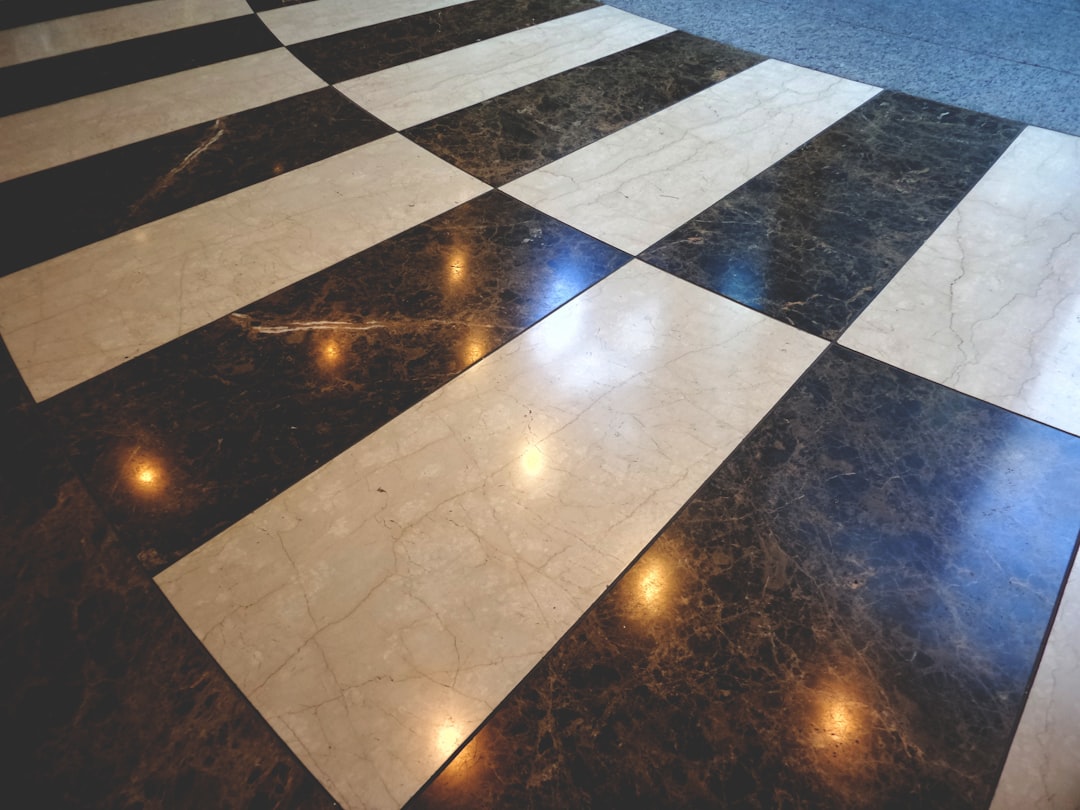The Essential Role of California Tile Inspectors in Ensuring Flooring Project Longevity
In the realm of flooring, ensuring both quality and longevity starts with a professional evaluation. California tile inspectors play a crucial role in this process, providing an expert eye to spot potential pitfalls that could lead to costly flooring mistakes. By upholding industry standards for flooring and offering tile installation quality assurance, these professionals help homeowners and contractors alike make informed decisions. Their insights not only prevent future complications but also enhance the aesthetic and durability of tile and stone installations. As we explore the benefits of flooring inspections, we will reveal how routine maintenance and staying ahead of common flooring inspection issues can significantly extend the life of your flooring projects. For more information on California tile inspector jobs, visit https://www.indeed.com/q-tile-inspector-l-california-jobs.html.
Importance of Professional Inspections
Professional flooring inspections are a crucial step in ensuring the quality and longevity of your tile and stone installations. Let’s explore how these inspections help avoid costly mistakes, ensure quality, and maintain compliance with industry standards.
Avoiding Costly Flooring Mistakes
Professional flooring inspections play a vital role in preventing expensive errors. By identifying potential issues early, inspectors save property owners significant time and money.
A thorough inspection can reveal hidden problems such as subfloor irregularities or moisture issues. These problems, if left unchecked, could lead to tile cracking, grout deterioration, or even mold growth.
Inspectors also assess the suitability of materials for specific environments. For example, they might advise against using certain tiles in high-moisture areas, preventing future damage and replacement costs.
Ensuring Tile Installation Quality
Quality assurance in tile installation is paramount for both aesthetic appeal and structural integrity. Professional inspectors are trained to spot even the smallest imperfections that could compromise the overall quality of the installation.
They examine factors such as tile alignment, grout consistency, and proper adhesive application. These elements are crucial for a flawless finish and long-lasting results.
Inspectors also verify that the installation methods used align with manufacturer specifications. This ensures that warranties remain valid and that the tiles perform as expected over time.
For more information on quality assurance in flooring inspection, visit https://www.indeed.com/q-quality-assurance-floor-inspector-jobs.html.
Compliance with Industry Standards
Adhering to industry standards is essential for any flooring project. Professional inspectors are well-versed in these standards and ensure that installations meet or exceed them.
They check for compliance with local building codes, which often include specific requirements for tile installations in different areas of a building. This is particularly important for commercial properties or areas with strict regulations.
Inspectors also verify that the materials used meet industry-specific standards for quality and performance. This includes checking for proper certifications and ratings for factors like slip resistance and durability.
Benefits of Routine Flooring Maintenance
Regular maintenance is key to preserving the beauty and functionality of your tile and stone flooring. Let’s examine how routine care can extend the life of your flooring and address common inspection issues.
Enhancing Flooring Project Longevity
Routine maintenance significantly extends the lifespan of tile and stone flooring. Regular care prevents wear and tear from accumulating and causing major damage.
Proper cleaning techniques, recommended by professional inspectors, help preserve the surface finish of tiles. This maintains their appearance and protective properties over time.
Periodic sealing, as advised during inspections, protects porous materials from staining and moisture damage. This is particularly important for natural stone tiles.
Common Flooring Inspection Issues
During inspections, professionals often encounter several recurring issues. Understanding these can help property owners take preventive measures.
Lippage, where adjacent tiles are not level, is a common problem that can lead to tripping hazards and accelerated wear. Inspectors check for this and recommend corrections.
Efflorescence, a white powdery substance on tile surfaces, indicates moisture problems. Inspectors can identify the source and suggest remediation strategies.
Grout deterioration is another frequent issue. Inspectors assess grout condition and may recommend regrouting or sealing to prevent further damage.
Tips for Selecting a California Tile Inspector
Choosing the right tile inspector is crucial for ensuring a thorough and reliable assessment of your flooring. Consider these factors when selecting a California tile inspector:
Look for certifications from recognized industry organizations. These demonstrate the inspector’s expertise and commitment to professional standards.
Check for experience specific to your type of flooring. An inspector with a background in your particular tile or stone will provide more insightful recommendations.
Read reviews and ask for references. Past clients can offer valuable insights into the inspector’s thoroughness and professionalism.
For a list of qualified flooring inspectors in Los Angeles, CA, visit OC Flooring Inspection.
Advancements in Flooring Inspection Processes
The field of flooring inspection is continually evolving, with new technologies and methods enhancing the accuracy and efficiency of evaluations. Let’s explore some of these advancements.
Evolving Technologies in Tile Inspections
Modern technology has revolutionized the way tile inspections are conducted. These tools provide more precise data and help inspectors make informed decisions.
Moisture meters with non-invasive capabilities allow inspectors to detect hidden moisture issues without damaging the flooring. This is crucial for preventing future problems like mold growth or tile delamination.
Thermal imaging cameras help identify temperature variations that might indicate underlying issues such as poor insulation or water leaks. This technology is particularly useful for large commercial spaces.
Digital measurement tools have replaced manual methods, offering greater accuracy in assessing tile alignment and lippage. These tools can quickly generate detailed reports for clients.
Methods for Comprehensive Evaluation
Comprehensive flooring evaluations now incorporate a range of advanced methods to ensure no detail is overlooked. These techniques provide a holistic view of the flooring’s condition.
3D scanning technology creates detailed maps of floor surfaces, highlighting irregularities that might not be visible to the naked eye. This is particularly useful for assessing large areas quickly.
Chemical analysis kits allow inspectors to test for the presence of contaminants or inappropriate cleaning products that could damage the flooring over time.
Acoustic testing methods help evaluate the bond between tiles and the subfloor, identifying potential areas of delamination before they become visible problems.
For more information on advanced inspection techniques, visit https://stoneforensics.com/.





